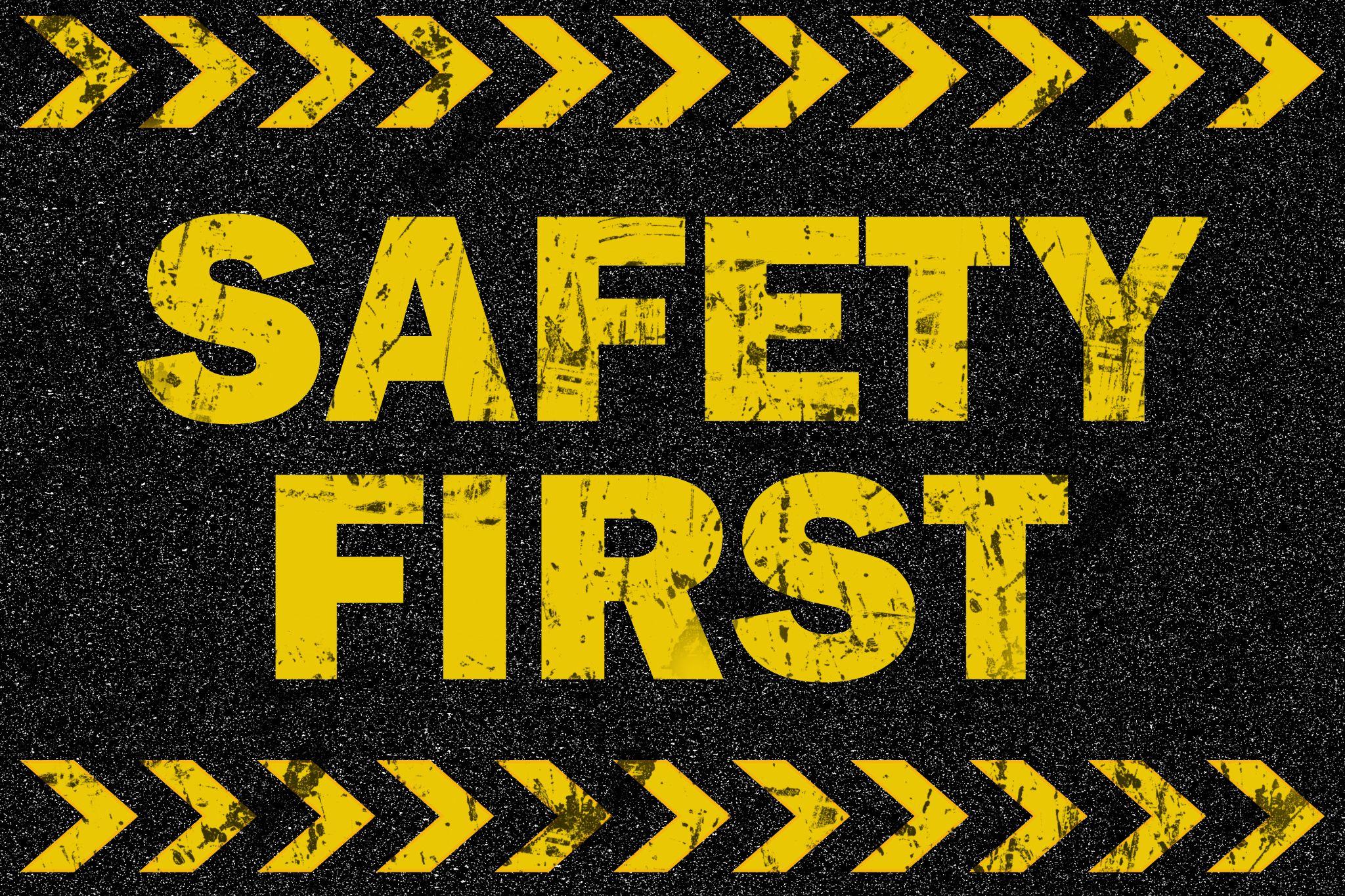CALL NOW FOR A FREE QUOTE 866.760.8194
SAFETY PRECAUTIONS TO USE WHEN OPERATING A WASTE BALER OR COMPACTOR
While waste balers and compactors are great pieces of equipment to have on hand to help better manage large volumes of cardboard, recyclables, and other types of waste, they can be dangerous when they are not operated correctly. Failure to follow safe operating procedures has resulted in serious injuries and death in some cases.
Trash Compactor Safety Procedures
There are many industry-specific and general standards, recommendations, and requirements that govern trash and baler machine safety. Following the best practices and recommended compactor safety rules will help keep your employees safe while operating this machinery.
Employer and Facility Responsibility for Trash Compactor Safety
- Employers must provide compactor safety training and baler safety instruction materials which cover safe operating procedures before allowing workers to use, maintain, clean, service, or repair compacting equipment.
- Machine guards must be present and designed so that they prevent workers from reaching into a machine that is in operation. Compactor safety rules must forbid operation unless guards are in place and functional.
- A lock-out or tag-out procedure is essential to trash compactor safety, by stopping forward motion or reversing the compression ram if the doors are opened or a worker attempts to reach into an operating machine.
- Signs, warnings, and baler safety training must be provided in conveyor belt or feeding chute operation, including what actions you should take when using a cardboard compactor or baler.
- Specific training and steps must be provided to workers in how to safely clear a jam, including not only powering down conveyors but disconnecting power to the compacting equipment.
- Employers should provide the appropriate PPE (personal protective equipment) required to operate the baler or compactor
- Employers must also provide fall protection to prevent workers from slipping into or leaning over feeding chutes and compactor or baler openings. Safety harnesses and physical barriers are essential compactor and baler machine safety gear.
- A passcode that is provided only to trained and authorized operators will confirm that only those familiar with safety procedures and who are over the age of 18 are able to operate the equipment.
- Employers should prevent the use of any equipment that does not meet these requirements and maintain a log of regular inspections, service, and repair by a certified maintenance technician.
- Employers should train employees on the correct procedures to use with various types of waste, such as solid waste, recyclable materials, such as plastics and cardboard, and so on.
Worker or Operator Responsibilities for Baler and Compactor Safety

Not all of the responsibilities for compactor and baler machine safety rest on the facility or employer. As responsible operators of the equipment, workers should:
- Follow safety guidelines and posted procedures for the safe operation of a baler or trash compactor.
- Always read all warning labels before using the baler or compactor.
- Verify that machine guards and safety features are working properly.
- Never operate a baler or compactor that is malfunctioning.
- Only put the appropriate wastes and recyclables into the baler or compactor.
- Do not operate a baler or comparator with a faulty power supply.
- Always clean up around the baler or compactor after using it to maintain a safe work
- Alway remain near the point of operation for the baler or compactor while it is being used.
- When unsure how a compactor or balers operate, get assistance from the appropriate person.
- Report any equipment problems or malfunctioning guards, access keypads, or missing safety equipment to their manager and stop the operation of the machinery immediately.
- Never attempt to fix a broken machine by themselves, unless they have been trained and certified to perform maintenance and repairs on the compactors.
- Not operate the machine if it has been tagged or marked that it needs repair.
- Never climb inside the machine or insert a hand or leg to try to resolve a problem with jammed or stuck materials.
- Wear safety gloves, goggles, earplugs, and hard hats as needed when working around, operating, and using waste balers and compactors.
- Always leave the machine in the “off” position whenever it is not in use.
More Information About Trash Compactor Safety Is Available
By adhering to the above safety guidelines, along with the manufacturer’s safety recommendations and those required by law in your area, you can help reduce the risks of potential accidents at your place of business.
For more safety tips or to shop our selection of waste balers and compactors for your business, contact Global Trash Solutions at 866-760-8194 today.
Recent Post
Which Commercial Compactor Is Right for Your Business?
When it comes to managing commercial waste, choosing the right trash compactor can…
Read More >Renting vs Financing a Commercial Compactor
When considering using a commercial compactor for waste management in your business, one…
Read More >